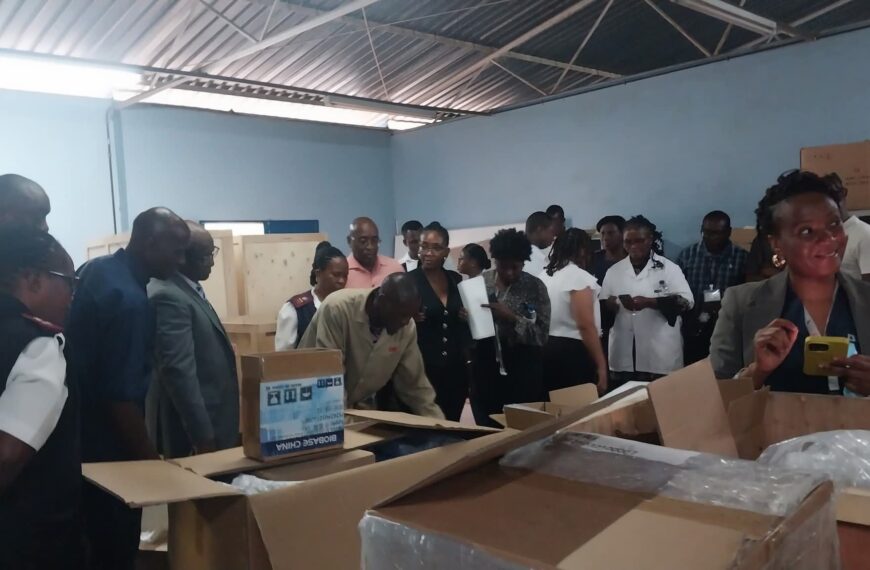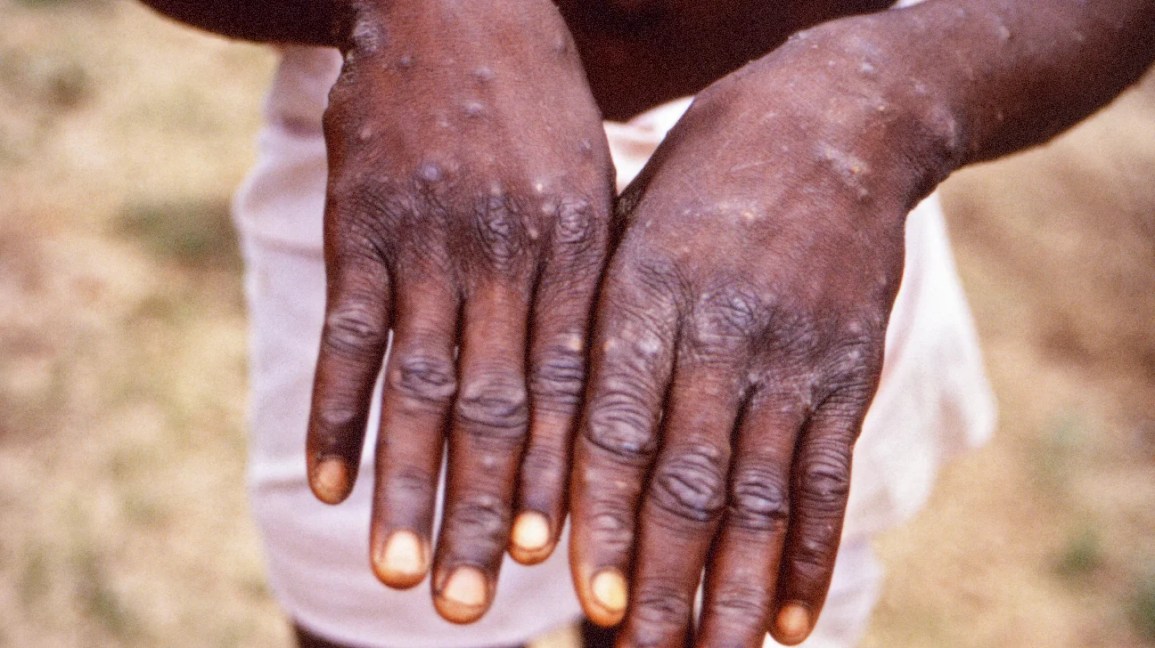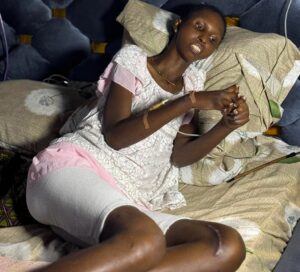
Namibia has made remarkable progress in protecting newborns from HIV, Syphilis, and Hepatitis B, thanks to the country’s robust Prevention of Mother-to-Child Transmission (PMTCT) programme.
Health Minister Esperance Luvindao announced that the rate of HIV transmission from mothers to babies has dropped by 70% since the early 2000s. Today, over 98% of infants born to HIV-positive mothers test negative, a testament to the effectiveness of Namibia’s ongoing interventions.
Speaking during World Patient Safety Day, which this year focused on the theme “Safe Care for Every Newborn and Every Child,” Luvindao highlighted the country’s efforts in safeguarding maternal and child health.
“Namibia has not only made strides in preventing vertical transmission of HIV and Hepatitis B, but we have also significantly reduced maternal and infant mortality rates over the past two decades,” she said.
The Health Ministry reports that maternal deaths have fallen from 449 per 100,000 live births in 2000 to 139 in 2024, while infant mortality has dropped from 50.9 to 25.4 deaths per 1,000 live births during the same period.
In 2024, Namibia was recognised as the first African country and the first high-burden nation globally to achieve a major milestone toward eliminating mother-to-child transmission of HIV and Hepatitis B, reflecting the country’s commitment to the health and safety of mothers and children alike.



























